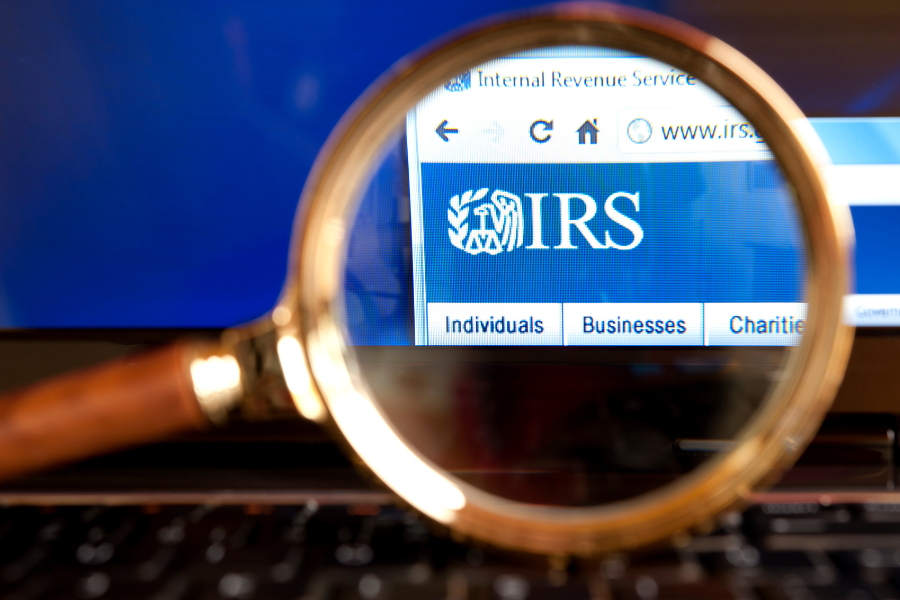

The Internal Revenue Service will focus more on wealthy taxpayers, with increased audits and enforcement action for noncompliance with the highest dollar amount.
The agency has updated its Strategic Operating Plan with five key objectives and also highlighting its achievements since the passing of the Inflation Reduction Act in 2022. It says that the latest tax filing season has been one of its most successful thanks in part to “dramatic improvement” in taxpayer services and tools.
“We have made fundamental changes that have improved taxpayer services, brought new fairness to compliance efforts and launched important changes to our technology. We are making a difference to taxpayers and the nation, and the improvements at the IRS are just beginning,” said IRS Commissioner Danny Werfel. “The funding provided by the Inflation Reduction Act creates a unique opportunity to realize a future of tax administration that meets the evolving needs of taxpayers. This opportunity is important for the future of the IRS, the nation and especially the taxpayers we serve.”
The IRS answered 1 million calls from taxpayers in the 2024 tax filing season, with an average wait time of just over three minutes, while more than 780,000 taxpayers were served in person by IRS Taxpayer Assistance Centers, an increase of more than 37% over last year.
For 2024 and 2025 the IRS says its five key objectives are:
The agency has also pledged to improve live assistance and online services for taxpayers, accelerate digitalization, simplify its notices, disrupt tax scams and schemes, modernize tech, and ensure fairness in enforcement.
The wealthiest taxpayers, large corporations and large, complex partnerships should expect an increase in IRS audits by “sizable percentages” for tax year 2026.
Corporations with assets over $250 million, audit rates will almost triple to almost 23%, while for complex partnerships it will be 1%, a near tenfold increase.
For the wealthiest individual taxpayers, with total positive income over $10 million, the audit rate will increase by more than 50% to 16.5% in 2026.
However, the good news for small businesses and taxpayers making less than $400K there will be no increase in audit rate, which it says remains historically low.
During the 2024 tax filing season, using the extra funding from the Inflation Reduction Act, the IRS recovered $520 million in its efforts to pursue high-income, high-wealth individuals who have either not filed their taxes or failed to pay recognized tax debt.
However, Werzel noted that funding remains an ongoing challenge for the agency.
“The IRS will continue focusing on making improvements and efficient use of funding,” Werfel said. “We highlight accomplishments rather than taking a victory lap because more work remains. But to stress the importance of continuing this momentum, the IRS will continue working to make a difference for the nation’s taxpayers. At the same time, it’s critical that the IRS has stable, secure funding to allow technology modernization and taxpayer service improvements to continue into the future.”

Relationships are key to our business but advisors are often slow to engage in specific activities designed to foster them.

Whichever path you go down, act now while you're still in control.

Pro-bitcoin professionals, however, say the cryptocurrency has ushered in change.

“LPL has evolved significantly over the last decade and still wants to scale up,” says one industry executive.

Survey findings from the Nationwide Retirement Institute offers pearls of planning wisdom from 60- to 65-year-olds, as well as insights into concerns.
Streamline your outreach with Aidentified's AI-driven solutions
This season’s market volatility: Positioning for rate relief, income growth and the AI rebound
